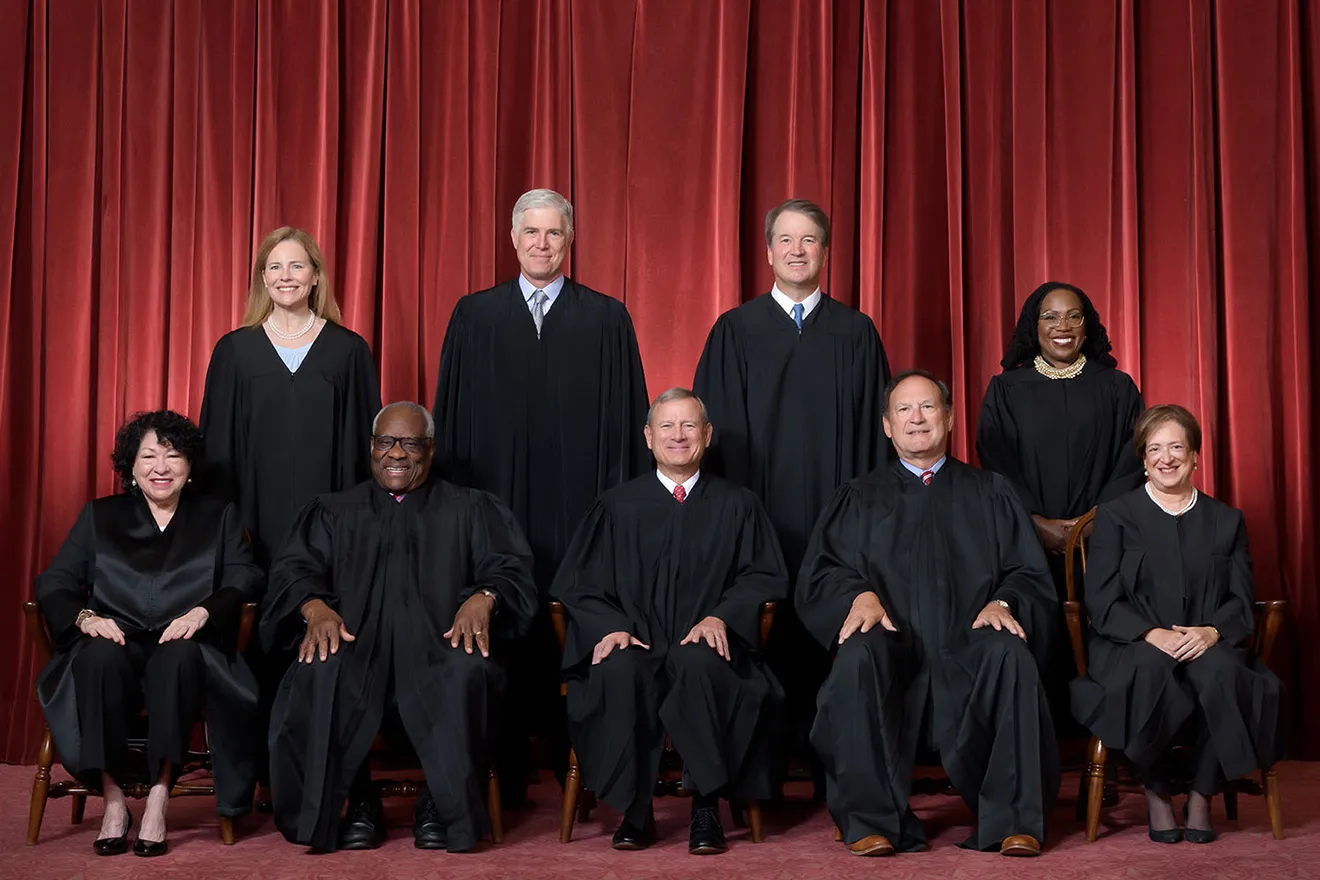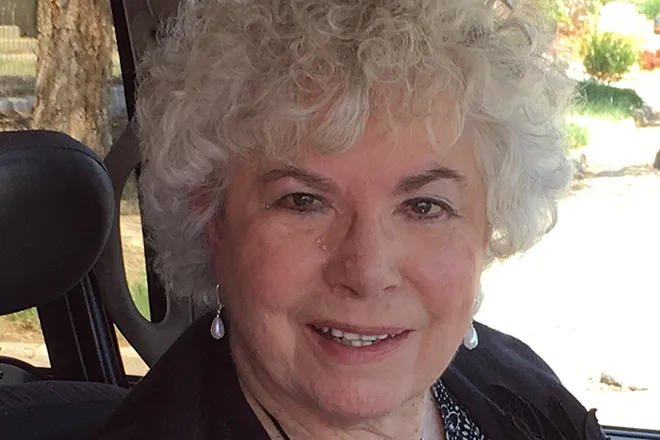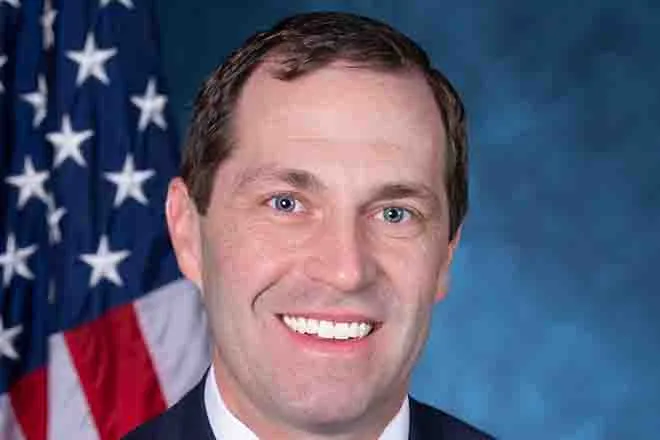
Colorado Democrats cite efforts to protect freedoms, core services as 2025 legislative wins
© fitimi - iStock-528483210
Colorado Democratic lawmakers Thursday touted their successes during the 2025 state legislative session, which ended Wednesday, but they warned of a need to come back to the Capitol for a special lawmaking term if Congress passes a federal spending plan with significant funding cuts for programs like Medicaid.
“Federal funding freezes and mounting threats from Washington required us to take action to protect our freedoms, our core services, our public education funding and Medicaid,” House Speaker Julie McCluskie, a Dillon Democrat, said during a press conference, referring to the attitude of legislative leaders as the session began in January.
“The road ahead is uncertain. We are fearful that with the Trump administration continuing to cut services in rural parts of our state, cuts to public safety, cuts to agriculture and water infrastructure, there is more work to be done,” she said.
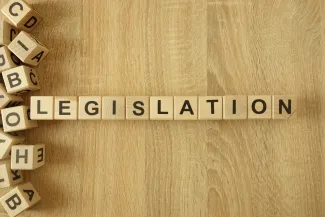
She highlighted the $4 million legal defense fund the Legislature approved to pay for any legal challenges the state may need to make against the federal government to access obligated funding. Colorado is already a party to more than a dozen lawsuits over Trump policies. That money will allow the state to be nimble in its response to potential Trump actions during the summer and fall.
“This isn’t about partisan politics, to be very clear. This is about making sure that the dollars that Coloradans are paying in tax dollars to the feds are coming back and they’re not taken away from us illegally,” McCluskie said.
But Republicans faulted the Democrats’ approach.
“To try to be confrontational, to be prepared to sue on a moment’s notice — that, to me, is irresponsible. It’s much better to collaborate,” said Representative Rick Taggart, a Grand Junction Republican.
Democrats enjoyed a 43-22 majority in the House of Representatives and 23-12 majority in the Senate this year. That means they could pass nearly all of their priority bills and have them approved by Democratic Governor Jared Polis, who will spend the next month signing bills at ceremonies around the state.
This year, Democrats also sought to codify certain rights and practices into state statute given the uncertain federal climate. That includes Senate Bill 25-130, which has provisions that are similar to the federal Emergency Medical Treatment and Labor Act, House Bill 25-1309, which concerned health insurance coverage for gender-affirming care, and Senate Bill 25-1, which codified the right of equal access to the voting process across racial and language minority groups. Democrats also, implementing the will of voters in November, removed language against same-sex marriage in the state’s constitution.
This isn't about partisan politics, to be very clear. This is about making sure that the dollars that Coloradans are paying in tax dollars to the feds are coming back and they're not taken away from us illegally.
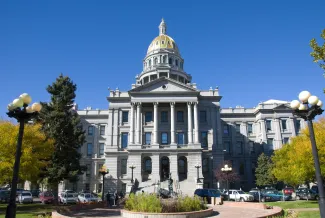
Colorado Capitol Building Denver © iStock - kuosumo
Polis praised the Legislature’s work on housing policy Thursday as he stood with legislative leaders in front of a newly-built modular apartment building in Denver’s Sun Valley neighborhood. He signed a bill that streamlines the process of constructing factory-built houses and apartment buildings.
“On housing, we’re making it easier for innovative solutions to build housing faster and at lower cost,” he said.
The Legislature also passed a bill that aims to reduce construction defect litigation in the state, a multi-year effort that lawmakers hope will spur more condominium construction and open homeownership to younger people who cannot afford a single-family home. Other bills, if signed by Polis, would regulate so-called “junk fees” in rental leases, set more protections over when a landlord can keep a security deposit, and ban rent-setting algorithms that some say drive up rent prices. Polis did not mention any of those bills on Thursday.
Polis also all but confirmed that he plans to veto Senate Bill 25-5, which would repeal a second election requirement for union formation. That bill passed both chambers with Democratic support but did not have the two-thirds majority needed to override a veto. From the start of the session, Polis said he would not be comfortable signing a bill that didn’t have the support of both labor and business interests, and monthslong talks between the two sides did not result in such a plan.
“We are still seeking a sustainable way to update the Labor Peace Act that fundamentally acknowledges the rights of workers to organize and has enough buy-in to be a stable way that our state can do business and workers can organize for decades to come,” he said. “I truly believe a bill that I could sign would be better for workers and better for business.”
His office could be involved in continuing negotiations.
Polis said the Legislature could come back for a special session depending on what Congress passes in the coming weeks in its budget reconciliation legislation that would affect the federal fiscal year starting in October. The Republican-led Congress is seeking trillions of dollars in spending cuts, possibly through reducing federal funding to states for Medicaid. That would all but require the Legislature to reconvene to figure out a way to preserve health care for a large portion of Coloradans.
Special sessions have followed the previous two legislative sessions, both of which dealt with property taxes.
Some bipartisan successes
Republican lawmakers criticized Democrats’ defeat of bills they claim would have saved money for everyday Coloradans. That includes bills on delivery fees and single-use bag fees that pay for various state programs, as well as bills around government efficiency and deregulation.
“We just finished the legislative session that put perspectives starkly and clearly visibly on display — one perspective of expansive and expensive government and another perspective of free people and an affordable life,” Senate Minority Leader Paul Lundeen, a Monument Republican, said. He stood in the Capitol next to a fish tank of shredded dollar bills —fake — to represent the caucus’s defeated money-saving legislation.
“We were disappointed that things like the grocery bag fee or the retail delivery fee, which we consistently hear at the doors, was not taken seriously by the Democrats,” House Minority Leader Rose Pugliese, a Colorado Springs Republican, said.

Republicans did, however, lead on several successful pieces of bipartisan legislation. That includes bills to change how the legislative vacancy process is conducted, to exempt agricultural buildings from some energy use requirements, and to define nuclear energy as a source of clean energy. There are no nuclear power plants in Colorado, but legislators want the state to be ready for an industry presence.
“Thanks to a multi-year effort from the Colorado Senate Republicans, the development of safe, efficient and emission-free micro nuclear energy will soon be coming to our state,” said Senator Mark Baisley, a Woodland Park Republican.
Both Republicans and Democrats addressed the need to amend the state’s artificial intelligence law passed in 2024, which Polis and some lawmakers fear could stifle innovation. The sweeping measure on potential discrimination due to AI is set to go into effect in February 2026, and a late bill this session to tweak some parts of the law died in its first committee at bill sponsor Senate Majority Leader Robert Rodriguez’s request. That prompted a call from Polis and other powerful Democrats to find a way to push back the 2024 law’s implementation date. The Legislature did not do that in its final days.
“We need to deal with it as soon as we can deal with it. Certainly, if we’re called for a special session, it must be part of that goal,” Lundeen said.
Rodriguez said that extending the implementation date would not have changed the policy disagreements between tech companies, consumer protection groups and other stakeholders. He oversaw a task force on the issue that began meeting right after the 2024 session ended.
“We will get working, and whether we go into a special session or go into next year, I think we’ll be in a much better place with the policy and have more consensus,” he said.

